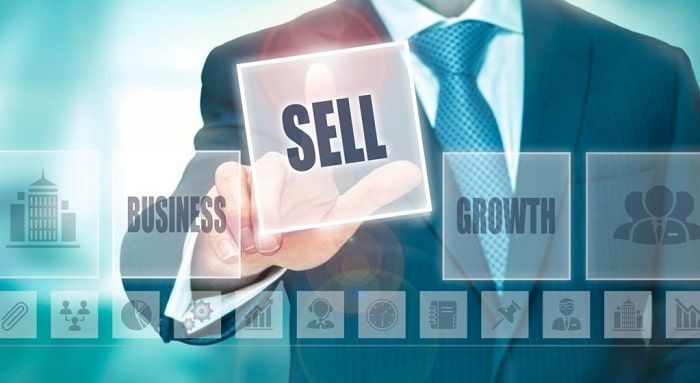The Power of Timing: Knowing When to Sell Your Business for Optimal Returns

As a seasoned business broker, I've witnessed firsthand the monumental impact that timing has on the successful sale of a business. Entrepreneurs pour their heart and soul into building their companies, but knowing the right moment to exit can make the difference between a modest return and a life-changing financial windfall. In this post, we’ll delve into the critical importance of timing in selling a business and provide insights on how to identify the optimal moment to maximize your returns.
Understanding Market Conditions
1. Economic Indicators
Keeping a pulse on the broader economic environment is essential. Economic indicators such as GDP growth, unemployment rates, and consumer confidence indexes provide valuable insights into the market's health. Selling during an economic upswing can yield higher returns, as buyers are more willing to invest at premium valuations.
2. Industry Trends
Every industry experiences cycles of growth and contraction. Identifying where your business stands within its industry cycle is crucial. If your sector is experiencing robust growth, it might be an ideal time to sell. Conversely, if the industry faces headwinds, it may be wise to hold off until conditions improve.
Internal Business Readiness
3. Financial Performance
Prospective buyers will scrutinize your business's financial health. Consistent revenue growth, strong profit margins, and a clean balance sheet make your business more attractive. Aim to sell when your financial performance is at its peak to command a higher price.
4. Operational Stability
A well-oiled machine attracts premium buyers. Ensure your operations are efficient, with streamlined processes and a competent management team in place. If your business can run smoothly without your direct involvement, it adds significant value for potential buyers.
Personal Considerations
5. Owner’s Readiness
Your personal readiness to sell is as important as the business’s readiness. Reflect on your future goals and whether you’re mentally and emotionally prepared to exit. Selling a business is a major life decision, and being personally ready can make the transition smoother and more successful.
6. Timing with Your Personal Life
Aligning the sale with your personal life plans can influence the timing decision. Major life events, such as retirement, relocation, or new ventures, can dictate the best time for you to sell your business.
Market Timing Strategies
7. Leveraging Business Brokers
Engaging a business broker can be a game-changer. Business brokers possess deep market knowledge and can provide invaluable advice on the timing and process of selling your business. Their expertise ensures you’re well-positioned to sell at the optimal time and achieve the best possible return.
8. Exit Planning
Strategic exit planning involves setting clear goals and timelines for selling your business. This includes understanding your financial needs post-sale and developing a comprehensive plan to meet them. A well-thought-out exit plan ensures you’re not rushing the sale, allowing you to wait for the perfect timing.
9. Market Sentiment
Market sentiment often drives buyer behavior. Stay informed about investor trends and sentiment in your industry. If there’s a wave of mergers and acquisitions activity, it might indicate a hot market where you can command a higher price for your business.
Conclusion
Timing is a critical element in the successful sale of a business. By understanding market conditions, ensuring your business is financially and operationally robust, and aligning the sale with your personal readiness and market sentiment, you can significantly enhance your chances of achieving optimal returns.
As a business broker, I’ve seen how a well-timed exit can transform the financial future of business owners. If you’re considering selling your business, take the time to analyze these factors carefully. The right moment to sell can be the difference between a satisfactory deal and an extraordinary one.
For more expert advice and personalized consultation, feel free to reach out. Let’s make your business sale a resounding success!
FAQ
Why is timing so crucial when selling a business?
Timing significantly impacts the financial return from selling a business. Selling during favorable economic conditions and industry trends can attract premium buyers willing to invest at higher valuations, maximizing your financial gain.
What internal factors should be considered to determine if my business is ready for sale?
Key internal factors include your business's financial performance and operational stability. Consistent revenue growth, strong profit margins, efficient operations, and a capable management team make your business more attractive to potential buyers.
How can a business broker assist in selling my business at the optimal time?
A business broker provides deep market knowledge and strategic advice on timing and the sales process. Their expertise helps position your business favorably, ensuring you sell at the right time and achieve the best possible return.
Get in Touch:
First Choice Business Brokerage Phoenix
📍 21640 N 19th Ave Suite C9, Phoenix, AZ 85027
📞 (623) 888-6190
Recent articles for you




